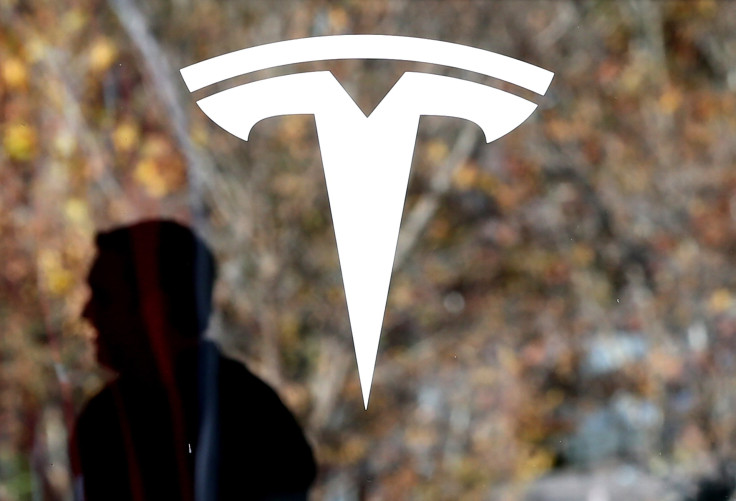Tesla Motors Inc's Model S Seatbelt Recall Is Far From Its Biggest Problem

Although a sweeping Tesla Model S recall temporarily knocked nearly 4 percent off the company’s stock price on Friday afternoon, investors collectively shrugged off the news by the day's end. The recall is both voluntary and minor. It comes after the discovery of an improperly anchored front seat belt in one Model S in Europe, which led Tesla to inform all car owners to have their seats checked free of charge.
Even while the company is recalling every Model S it has ever made -- about 90,000 vehicles -- Tesla faces considerably larger risks, from competitive threats in the luxury electric-car market to a rapidly depleting war chest. Tesla’s promise to investors that it will sell 500,000 cars per year by the end of the decade is an immense challenge, even without the mechanical flaw in its vehicles.
“The recall has nothing to do mechanically with the drivetrain or the batteries. Those would be serious problems,” said Vahan Janjigian, chief investment officer at Greenwich Wealth Management and editor of the Money Masters Stock Report investment newsletter. “But aside from that, investors’ expectations are really unrealistic. The people who are bullish on Tesla seem to think there’s no limit to how fast the company can grow.”
@TeslaMotors are checking seat belts at the superchargers. Takes only a few minutes. Less need for recalls. Smart! pic.twitter.com/iINHJfW49u
— Bjørn Nyland (@BjornNyland) November 22, 2015Indeed, like Amazon's shareholders, Tesla's investors have little interest in whether the company earns a profit because its strategic focus is more on revenue growth and expansion. For Tesla, that means growing sales, and then growing sales even more. This year the company expects to deliver up to 52,000 cars, up from about 33,000 last year. But Tesla investors are buying shares on the bet that the automaker is on its way to selling 500,000 cars a year by 2020, a staggering 862 percent rise from this year’s target.
To do that, “they have to become a car manufacturer,” Jim Chanos, Founder and President at Kynikos Associates told Bloomberg last month. Like Janjigian, Chanos is a short-seller of Tesla's stock, meaning he benefits when the shares lose value. “Becoming a car manufacturer is a lot more difficult than becoming a high-tech darling.”
The auto industry is capital-intensive and requires massive production and distribution networks, which are relatively easy to build out when a company is selling 50,000 cars a year. When annual sales hit 10 times that amount or more, the automakers’ ability to successfully build, market and distribute becomes essential.
As of Sept. 30, 2015, Tesla had about $1.43 billion in cash and about $2.55 billion in current liabilities, which is the money the company will need to pay over 12 months for stuff like bills from suppliers. “Tesla is running out of cash, but I’m sure they’re going to issue more stock,” said Janjigian. “The question is when do we reach the point where investors question the value of the stock.”
Tesla Motors Inc. (NASDAQ:TSLA) shares dropped 1.01 percent, or $2.26, on Monday and closed at $217.75. The company’s share price is down nearly 10.31 percent in the past 12 months.
© Copyright IBTimes 2024. All rights reserved.






















